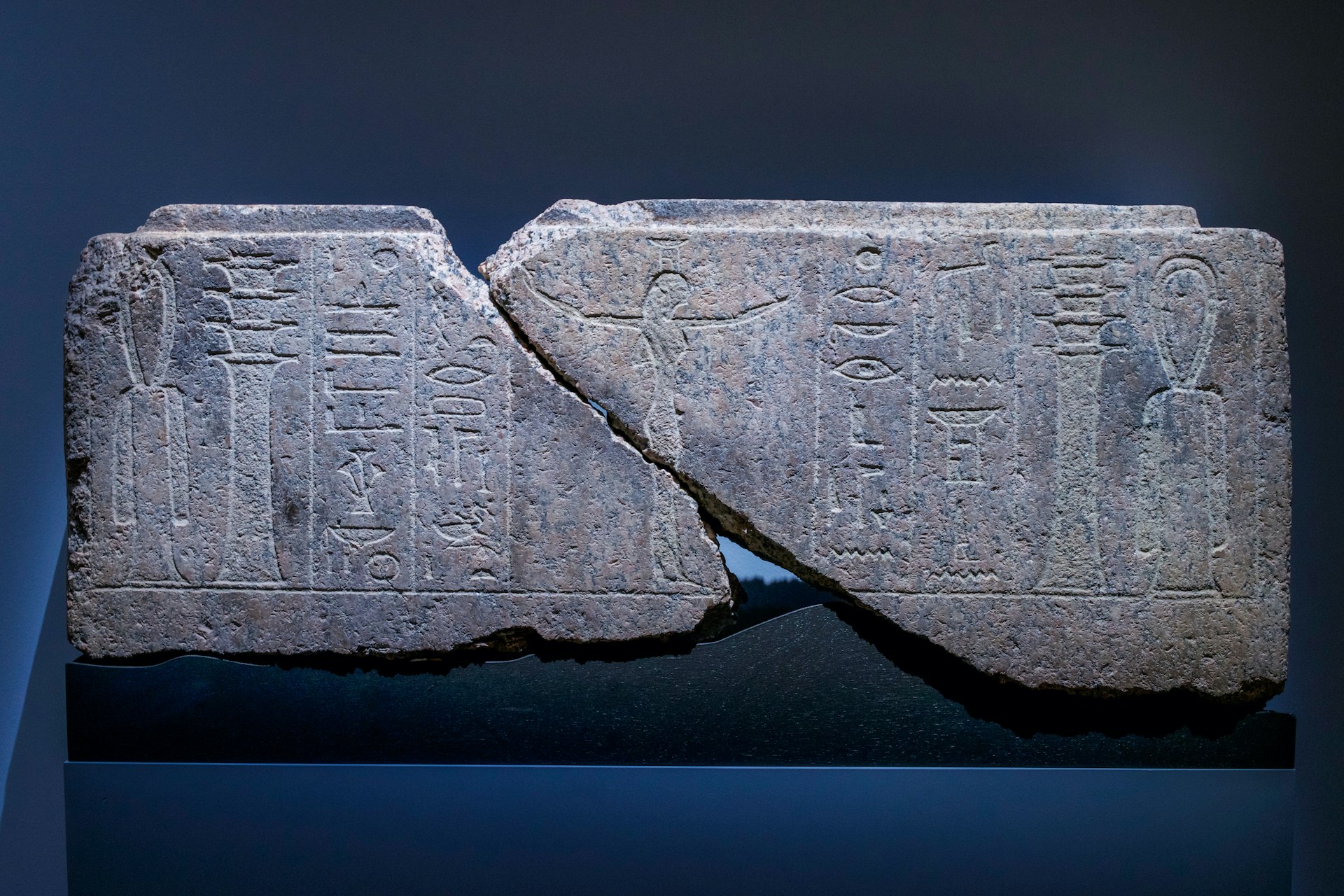Enduring Legacies: How Ancient Civilizations Shape Modern Society

Photo by Francesco Ungaro on Unsplash
Introduction: The Lasting Impact of Ancient Civilizations
Ancient civilizations have left a profound legacy that continues to shape nearly every aspect of modern life. From the innovations of Mesopotamia and Egypt to the urban planning of the Indus Valley and the philosophical insights of Greece, their advances in governance, technology, and culture have established the foundation for contemporary society. Understanding these connections not only deepens our appreciation of history but also provides practical guidance for addressing current challenges. [1]
Governance and Social Organization: Building Blocks of Society
Early civilizations pioneered social structures and systems of governance that are reflected in modern democratic institutions and bureaucracies. Mesopotamia, often cited as the cradle of civilization, invented the earliest known forms of writing and law, facilitating recordkeeping and the administration of justice. [3] The stratification found in societies like ancient Egypt and Sumer served as precursors to contemporary social classes, shaping economic and political roles. Today, the specialization of labor and civic organization can be traced back to these foundational models, which continue to inform the way governments operate, distribute resources, and maintain order.
For those interested in studying these systems, many educational institutions offer courses in ancient history, anthropology, and political science. You can search for programs at local universities or online learning platforms by keywords such as “ancient civilizations” or “social organization history.” Community libraries and museums may also host public lectures or workshops on these topics.

Photo by Rob Tol on Unsplash
Mathematics, Science, and Technology: Innovations That Endure
Ancient civilizations revolutionized mathematics and science in ways that continue to underpin modern education and technology. Greek pioneers such as Pythagoras, Euclid, and Archimedes laid the groundwork for geometry and physics, concepts still taught in classrooms today. [2] The Roman aqueducts and roads demonstrate advanced engineering and infrastructural planning, while the Indus Valley’s grid-based city layouts and sewage systems reflect a sophisticated approach to urban design. [5]
To explore these legacies further, consider visiting science and technology museums that feature exhibits on ancient engineering and mathematics. Organizations like the Smithsonian Institution and the British Museum provide online resources and virtual tours about ancient inventions. If you wish to delve deeper, search for academic articles using terms such as “ancient engineering innovations” or “history of mathematics.”
Trade, Agriculture, and Urban Planning: Connecting the Ancient and Modern Worlds
The prosperity of ancient civilizations was closely linked to their mastery of agriculture and trade. The Indus Valley civilization, for example, developed complex irrigation and rainwater harvesting systems to sustain large populations and fostered extensive trade networks that reached as far as Mesopotamia. [4] These innovations enabled economic growth and cultural exchange, processes still central to global commerce today.
Modern urban planners continue to draw inspiration from ancient grid-based city layouts, prioritizing efficient land use and public sanitation. If you are interested in urban design, look for local planning departments or architectural associations that offer seminars on historical influences in city development. You can also find online forums and webinars on sustainable urban planning rooted in ancient methods.
Philosophy, Arts, and Cultural Heritage: The Roots of Creative Expression
Greek civilization’s legacy in philosophy, literature, and the arts remains a vital source of inspiration. Concepts of logic, ethics, and aesthetics developed by thinkers like Socrates, Plato, and Aristotle are foundational to Western intellectual traditions. Greek drama and architecture-characterized by the Doric, Ionic, and Corinthian orders-are reflected in modern theaters, government buildings, and cultural institutions. [2]
To experience these legacies firsthand, visit art galleries, theaters, or historical sites that showcase ancient motifs. Many universities and cultural centers offer public lectures, art classes, or drama workshops inspired by ancient traditions. For self-guided learning, search for books and documentaries with the terms “ancient philosophy,” “Greek drama,” or “classical architecture.”
Challenges and Adaptation: Preserving Ancient Legacies Today
While ancient achievements endure, preservation and adaptation remain ongoing challenges. Climate change, urban development, and sociopolitical shifts threaten historical sites and cultural artifacts. Governments and international organizations such as UNESCO actively work to protect and restore ancient monuments, offering educational resources for the public.
If you wish to support heritage preservation, consider volunteering with local historical societies or participating in archaeological digs (where permitted). Alternatively, you can donate to reputable organizations like UNESCO or the World Monuments Fund. Always verify the credentials of any organization before contributing.
Practical Steps for Engaging with Ancient Legacies
Here are actionable steps to connect with the enduring influence of ancient civilizations:
- Search for accredited courses in ancient history, archaeology, or anthropology at local universities or online platforms.
- Visit museums, cultural centers, and historical sites-both in person and virtually-to experience ancient achievements.
- Attend public lectures, workshops, or webinars hosted by reputable institutions focused on ancient legacies.
- Support preservation efforts by volunteering, donating, or advocating through official channels like UNESCO.
- Read scholarly articles and books using search terms such as “legacy of ancient civilizations” or “influence of ancient cultures on modern society.”
If you are uncertain about where to start, contact your local library or educational institution for guidance on programs and resources related to ancient civilizations. Many offer free or low-cost access to seminars and materials.
Key Takeaways
The enduring legacy of ancient civilizations is evident in the systems, technologies, and cultural practices that define our modern world. By studying and engaging with this heritage, individuals gain deeper insight into the foundations of contemporary society and can actively contribute to the preservation and evolution of these remarkable achievements.
References
- [1] Fiveable (2024). The Influence of Ancient Cultures on Modern Society.
- [2] EuroSchool (2023). 7 Groundbreaking Ancient Civilisations That Influence Us Today.
- [3] Sociology.org (2023). How Ancient Civilizations Influence Modern Society.
- [4] YouTube (2024). Most Impactful Ancient Civilizations and Their Modern Legacy.
- [5] History Cooperative (2024). Ancient Civilizations Timeline: 16 Cultures that Changed the World.



